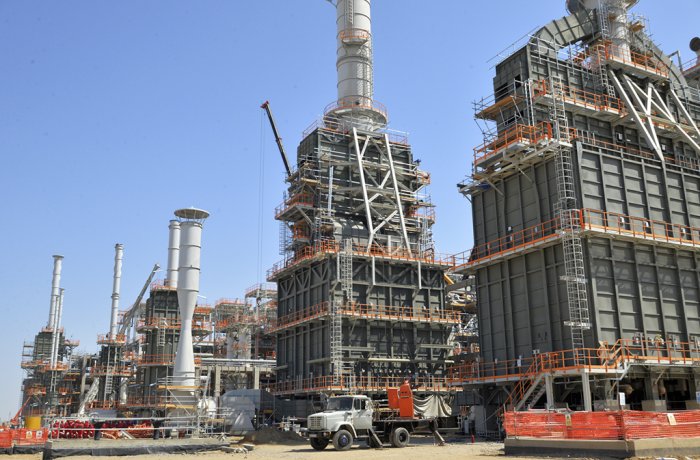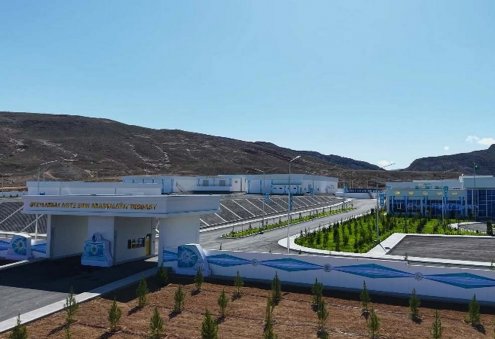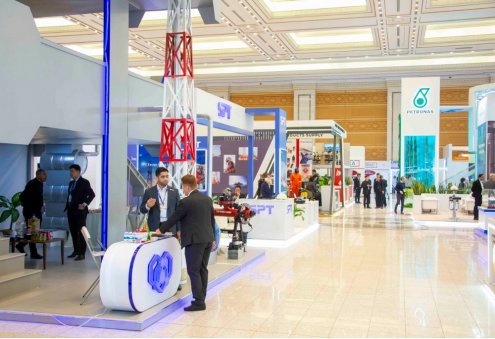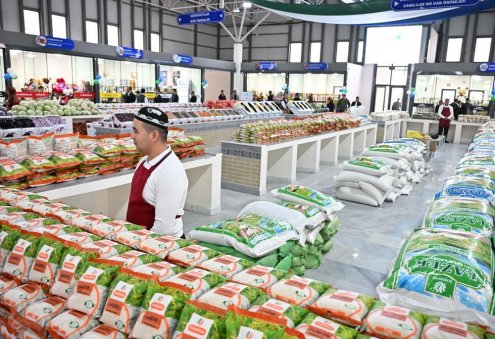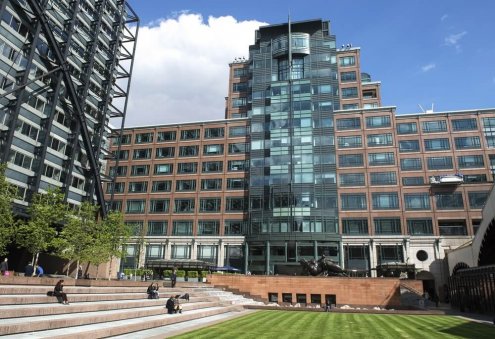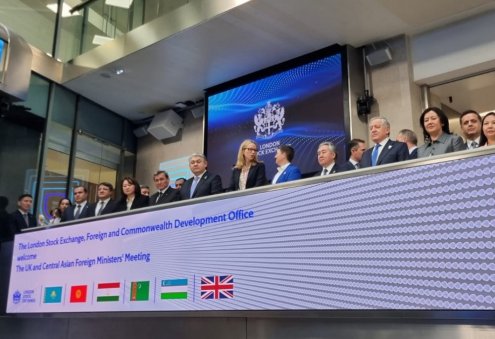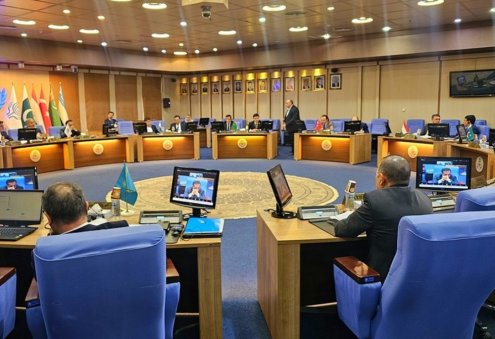A new plant for the production of gasoline from natural gas in the Ahal province, which is scheduled to open this Friday, is expected to expand the energy export opportunities of Turkmenistan. The plant, which is the first large-scale industrial project in the world to produce synthetic gasoline from natural gas, will process 1 billion 785 million cubic meters of natural gas annually.
The design capacity of the plant is intended for the production of 600 thousand tons of A-92 (RON-92) gasoline, 12 thousand tons of refined diesel fuel and 115 thousand tons of liquefied gas that meet the Euro-5 emission standards.
The construction of the plant started in August 2014 and was jointly carried out by the State Concern Turkmengaz, Kawasaki Heavy Industries, Ltd. (Japan) and Rönesans Holding (Turkey).
The cost of the project is around 1.7 billion US dollars. The Japan Bank for International Cooperation (JBIC) participates in financing of the project. About 800 new jobs will be created at the plant.
Synthetic gasoline technology
GTG (gas to gasoline) method will be applied at the industrial level for the first time in world practice. The project is based on TIGAS technology (Topsoe Improved Gasoline Synthesis) developed by the Danish company Haldor Topsоe.
The plant will first induce a chemical reaction between natural gas and a catalyst to extract methanol. The methanol will then be mixed with a special catalyst to produce high-quality gasoline.
According to the information by Haldor Topsоe, in gas to gasoline process, gasoline production makes up more than 85 percent of the total product stream. In addition to gasoline, another valuable product is liquefied petroleum gas (LPG), which accounts for about 11–13 percent of the total product stream. This leaves only a fraction of fuel gas, ensuring that the carbon efficiency of the plant is very high.
Synthetic gasoline is a competitive alternative to refinery gasoline and new energy carriers. Synthetic gasoline meets existing gasoline standards so it can be used as a ‘drop-in’ fuel. This means that production can take place far from refineries, the existing infrastructure can be used for distribution, and car engines can use it as fuel without modification.
Euro-5 standard
The European Union has been implementing Euro standards to reduce air pollutant emissions from vehicles. The primary objective of this activity has been to reduce the share of total road transport emissions from vehicles compared to other on-road sources.
The main advantage of Euro-5 gasoline is its environmental friendliness: the content of sulfur in Euro-5 gasoline is 5 times less compared to the gasoline of the previous generation, and the content of benzene and other aromatics with a negative impact on the environment and engine service life is also limited.
Production of Euro-5 standard gasoline at the new plant in Turkmenistan will also provide an opportunity to the country to export its products to countries that have adopted this standard.
Turkmenistan is bordered by Kazakhstan to the northwest, Uzbekistan to the northeast and east, Afghanistan to the southeast, Iran to the south and southwest, and the Caspian Sea to the west. It possesses the world’s fourth largest reserves of natural gas.

